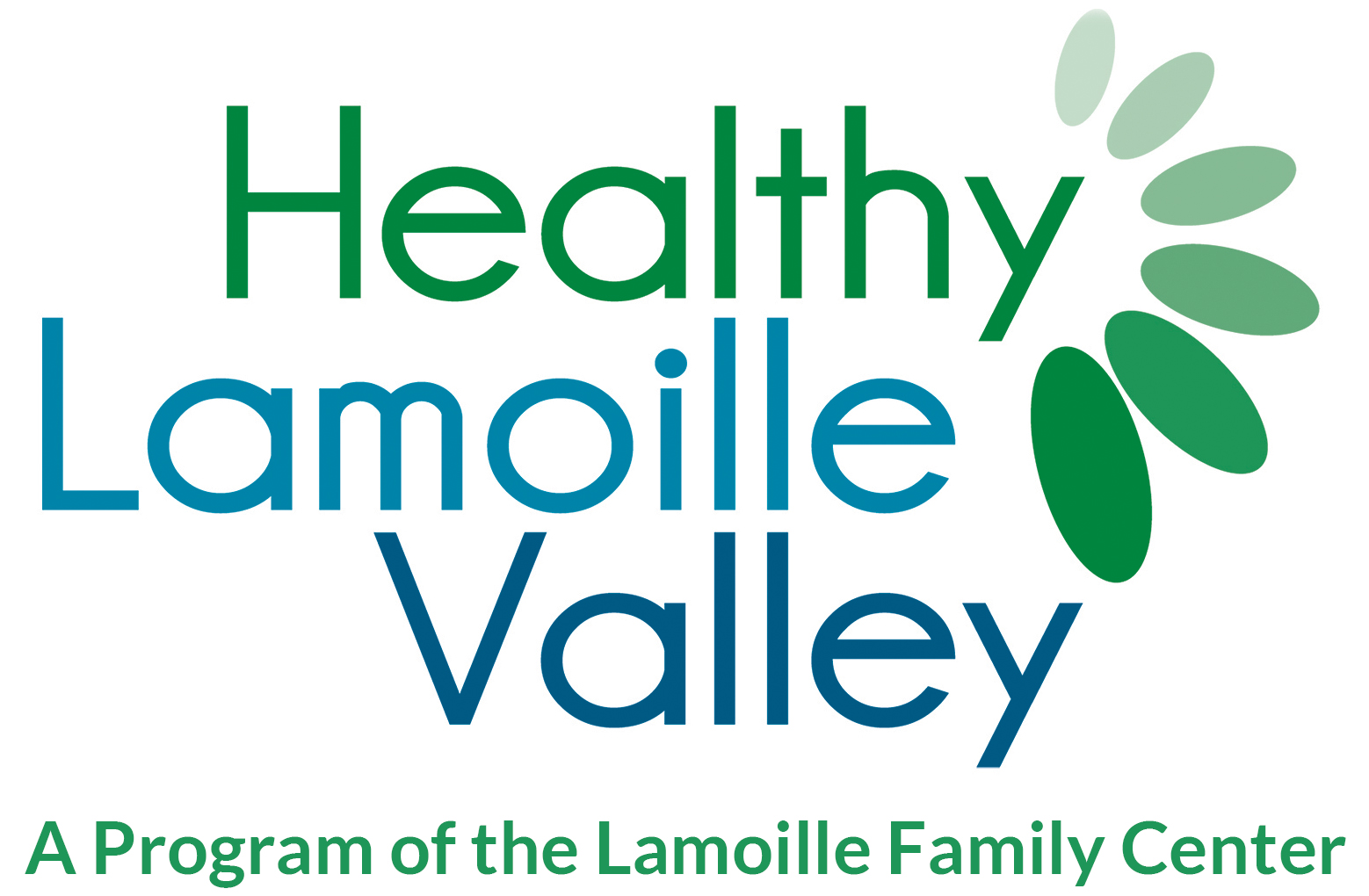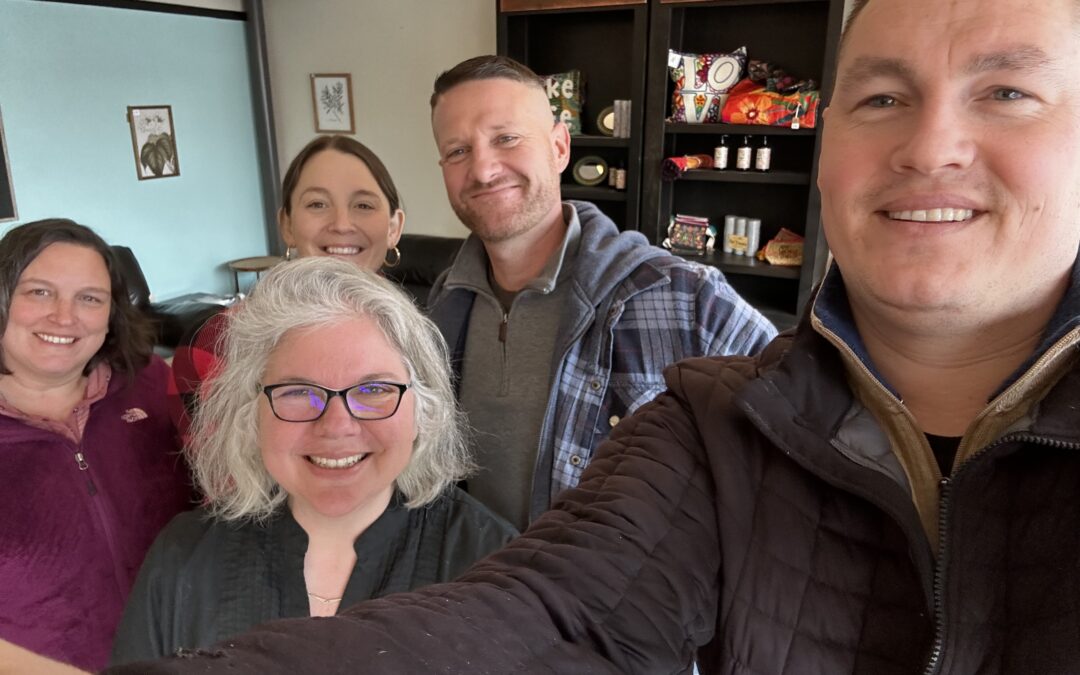Healthy Lamoille Valley’s coordinator Jessica Bickford recently got to sit down with a team from Vermont Department of Liquor and Lottery with a goal of finding strategies and tips for local retailers who want to help prevent youth access to alcohol and tobacco products while reducing their financial losses. Many thanks to Sergeant Jennifer Czachor, Sergeant Melaine Gaiotti , Investigator Kevin Grealis & Investigator Bojan Brkovic for their time!
Here are some of the key takeaways from the DLL team:
We hear that some youths are getting younger employees to sell alcohol/tobacco/vapes to them. What can store managers and owners do to prevent this?
- Build connections with staff. Quality employee/employer relationships go a long way towards creating an environment where there is a respect for rules/laws.
- It is best if a store can always have at least two staff working at any time. If they can pair up an older staff member and a younger staff member this may reduce underage sales.
- We recommend that managers and/or owners stop in at irregular times.
- If possible, review your cash register camera footage regularly.
- Train well and communicate often the importance of not selling to minors.
What can stores do to reduce shop lifting of substances?
- Greet customers when they enter. Let them know you are present and attentive.
- Reduce clutter and have clear sight lines to coolers and alcohol displays.
- Clearly label alcohol coolers so that youth opening them would be conspicuous. (Healthy Lamoille Valley has free cooler door stickers for this purpose.)
- Have video to monitor areas where substances are displayed. Review any store video often to identify suspected thefts.
- If you suspect someone of shoplifting, make it awkward for them. Walk up and ask how you can help or if they need anything. Staff interaction is a deterrent.
- Look at your Point-of-Sale data, are there age trends that would signal fake IDs?
- Have a policy that all backpacks must be left at the register.
- Lock coolers after midnight.
What liability do store staff have if they knowingly let a minor walk out with product?
- If a store knowingly allows a minor to exit the store with alcohol, tobacco, or vapes they open themselves up to a lawsuit or increased costs of or loss of insurance. Litigation is often a long multi-year process. There are also fines for selling to minors.
Are there other strategies that stores might use to reduce the likelihood of underage sales?
- Some stores in Vermont clearly state that they will not sell to any customer with a vertical license. These licenses are issued when an individual is under 21. When a person turns 21, they can go to the DMV and get a new horizontal license.
- Depending on the location of the store and the amount of known tourist travel – a store may choose to refuse to sell to out of state customers if they look to be too young. Many fake IDs are out of state lookalikes that are harder to spot. A store may also call in a local police department to verify suspected fake IDs.
- Encourage staff to slow down and take the time they need to properly identify the ID to the person. Check face shape, eye color, height, dates thoroughly. Ensure that the ID is not damaged and is readable. If there are questions, call a store manager or local police.
- Create a store policy to reward and celebrate staff that pass compliance checks.
What should youth in our community know?
- Purchasing a fake ID is a big mistake: Many fake IDs are made overseas and use real identifying information. This puts the individual at risk for future identity theft.
- Youth need to know that if they are asking someone older to buy alcohol or tobacco products then they are asking that person to be criminally liable for that purchase. Purchasing alcohol, tobacco, and cannabis products for minors is a crime.

